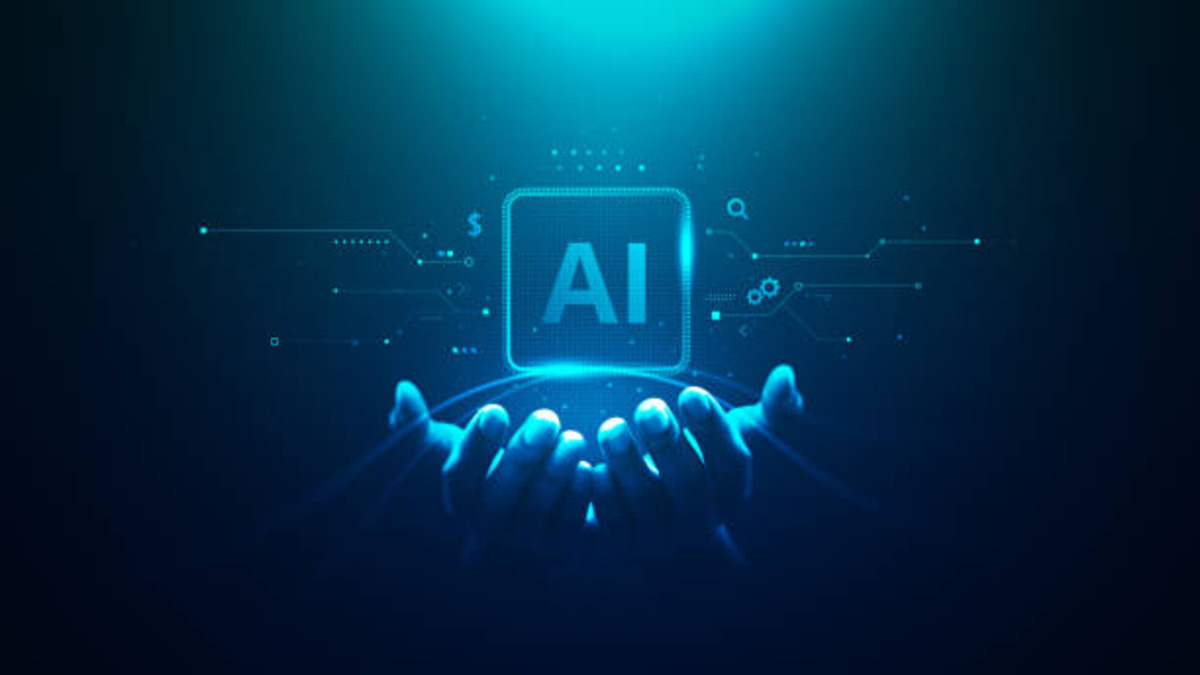Artificial Intelligence (AI) is no longer a futuristic concept—it is transforming workplaces today. From factories and hospitals to schools and offices, AI is reshaping how people work, the skills they need, and the opportunities available. While some jobs are being automated, others are being created or enhanced. This article explores how AI is changing jobs worldwide, its benefits, challenges, and what the future of work might look like.
Understanding AI in the Workplace
Artificial Intelligence refers to computer systems capable of performing tasks that normally require human intelligence. These tasks include learning, reasoning, problem-solving, and decision-making. In the workplace, AI often appears as:
- Automation tools that handle repetitive tasks.
- Chatbots that assist with customer service.
- Predictive analytics that guide business decisions.
- Robotics in manufacturing and logistics.
- Natural language processing tools that generate text or translate languages.
Jobs Being Transformed by AI
1. Manufacturing and Logistics
Robots and automated systems are taking over repetitive assembly-line tasks, packaging, and warehouse management. However, new roles are emerging in robot maintenance, AI system monitoring, and programming.
2. Healthcare
AI-powered diagnostic tools can detect diseases from scans, analyze patient data, and even assist in surgery. Instead of replacing doctors, AI helps them make faster and more accurate diagnoses, creating demand for healthcare professionals skilled in data analysis.
3. Education
AI tutors and adaptive learning platforms personalize lessons for students. Teachers now spend more time on mentorship and creativity, while relying on AI to grade tests or prepare lesson materials.
4. Customer Service
Chatbots and virtual assistants handle routine queries, freeing human agents to focus on complex or sensitive issues. Jobs in AI training and chatbot development are also growing.
5. Finance and Banking
AI algorithms detect fraud, analyze investment risks, and provide financial advice. Financial analysts increasingly collaborate with AI tools, focusing on strategic decisions rather than manual calculations.
6. Agriculture
Smart farming uses AI-powered drones and sensors to monitor soil conditions, predict yields, and manage crops. Farmers are learning to use AI-driven equipment and data tools to boost productivity.
New Jobs Created by AI
While AI automates certain roles, it also creates new opportunities:
- AI Specialists and Data Scientists to design and train AI systems.
- Robotics Technicians to maintain and repair automated machines.
- Ethics and Policy Experts to ensure AI use is fair and transparent.
- AI Trainers who teach systems to recognize speech, images, or behaviors.
- Cybersecurity Analysts to protect AI-driven networks.
The Benefits of AI in Jobs
- Efficiency: Automates routine tasks, saving time.
- Accuracy: Reduces human errors in data processing.
- Safety: Robots handle dangerous jobs in mining, construction, and chemical plants.
- Personalization: AI tailors services in healthcare, retail, and education.
- Global Access: AI enables remote work, online learning, and virtual collaboration.
Challenges of AI in Jobs
- Job Displacement: Roles that rely on repetitive tasks are at risk of automation.
- Skill Gaps: Workers must learn new digital and analytical skills to stay relevant.
- Ethical Issues: Bias in AI systems can impact hiring, promotions, and decision-making.
- Economic Inequality: Regions with limited access to AI technology may fall behind.
- Human-AI Collaboration: Trust and balance between human workers and AI remain a challenge.
Preparing for the AI-Driven Future of Work
- Reskilling and Upskilling: Workers should focus on digital literacy, data analysis, and problem-solving skills.
- Emphasizing Human Strengths: Creativity, empathy, leadership, and emotional intelligence are areas where humans outperform AI.
- Lifelong Learning: Continuous training will help workers adapt to changing technologies.
- Government and Industry Support: Policies and investments in education, training, and safety nets are crucial.
Global Outlook
- Developed Nations: Rapid adoption of AI in finance, healthcare, and logistics.
- Emerging Economies: Growth in AI-powered agriculture, education, and mobile banking.
- Worldwide Impact: By 2030, AI could contribute up to $15.7 trillion to the global economy, according to industry estimates.
Conclusion
Artificial Intelligence is not just changing jobs—it is reshaping the entire job market. Some roles will disappear, many will evolve, and new careers will emerge. The future of work will depend on how effectively societies adapt to this change through reskilling, innovation, and ethical use of AI.
The rise of AI should not be feared but embraced as a tool to enhance human potential. The question is not whether AI will change jobs, but how we prepare workers worldwide to thrive alongside intelligent machines.
